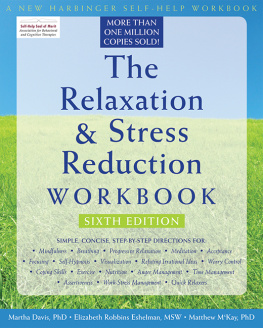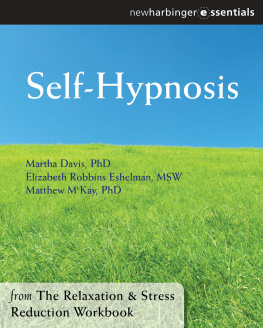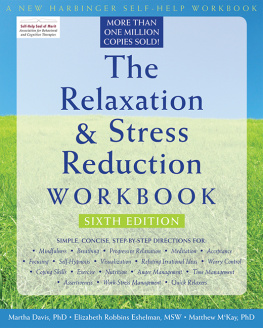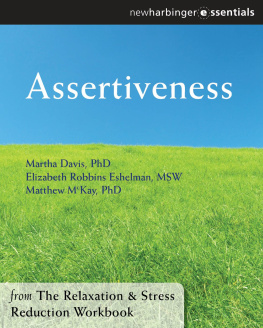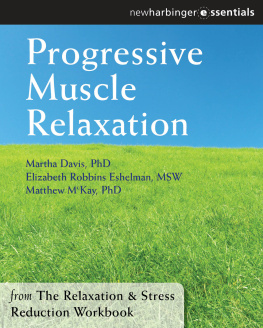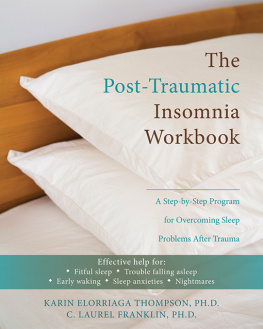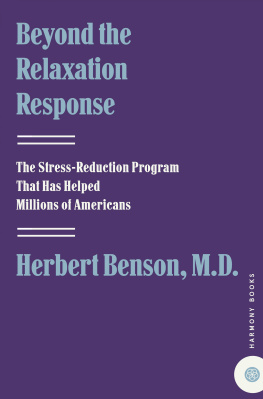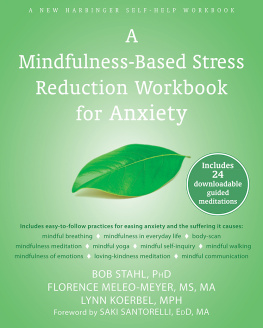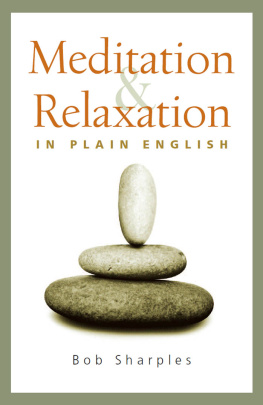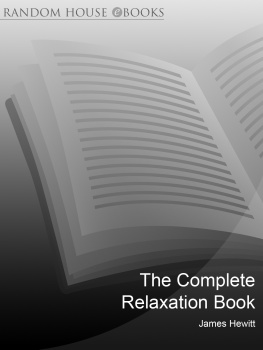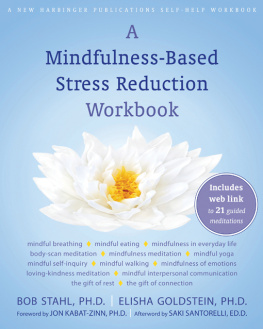Acknowledgments
The authors wish to acknowledge the following contributors to the sixth edition of this book. Their expertise, experience, and collaboration have made this a more valuable edition.
Caryl Fairfull, RD, is a registered dietitian and has held leadership positions in the American Dietetic Association. She is a graduate of the University of California at Santa Barbara and completed her dietetic internship at the Bronx VA Hospital in the Bronx, New York. Ms. Fairfull managed the Department of Nutrition Services for Kaiser Permanentes Santa Clara Medical Center in northern California. She has developed nutrition care guidelines and provided individual and group nutrition counseling. She currently works at Sierra Nevada Memorial Hospital in Grass Valley, California, providing clinical nutrition services. Ms. Fairfull wrote chapter 19, Nutrition and Stress.
Cheryl Pierson-Carey, PT, MS, is a rehabilitation specialist at Kaiser Permanente in Fremont, California, and an associate clinical professor in the UCSF/SFSU Graduate Program in Physical Therapy. She holds degrees from Indiana University, Purdue University, and Samuel Merritt College. She is a member of the American Physical Therapy Association. Ms. Pierson-Carey wrote chapter 20, Exercise.
The authors would like to thank Albert Ellis, PhD for volunteering to review and give feedback on the Refuting Irrational Ideas chapter. Dr. Ellis developed Rational Emotive Behavior Therapy upon which this chapter is based.
We would also like to express our appreciation to Patricia Eaton LMFT for suggesting the case study in the Focusing chapter. Ms. Eaton is a therapist in the Psychiatry Department at Kaiser-Permanente Medical Center in Santa Clara.
1. How You React to Stress
Stress is an everyday fact of life. You cant avoid it. Stress results from any change you must adapt to, ranging from the negative extreme of actual physical danger to the exhilaration of falling in love or achieving some long-desired success. In between, day-to-day living confronts even the most well-managed life with a continuous stream of potentially stressful experiences. Not all stress is bad. In fact, stress is not only desirable it is also essential to life. Whether the stress you experience is the result of major life changes or the cumulative effect of minor everyday hassles, it is how you respond to these events that determines the impact that stress will have on your life.
Sources of Stress
You experience stress from four basic sources:
- Your environment bombards you with demands to adjust. You must endure weather, pollens, noise, traffic, and air pollution.
- You also must cope with social stressors such as demands for your time and attention, job interviews, deadlines and competing priorities, work presentations, interpersonal conflicts, financial problems, and the loss of loved ones.
- A third source of stress is physiological. The rapid growth of adolescence; the changes menopause causes in women; lack of exercise, poor nutrition, and inadequate sleep; illness, injuries, and aging all tax the body. Your physiological reaction to environmental and social threats and changes also can result in stressful symptoms such as muscle tension, headaches, stomach upset, anxiety, and depression.
- The fourth source of stress is your thoughts. Your brain interprets complex changes in your environment and body and determines when to turn on the stress response. How you interpret and label your present experience and what you predict for your future can serve either to relax or to stress you. For example, interpreting a sour look from your boss to mean that you are doing an inadequate job is likely to be very anxiety-provoking. Interpreting the same look as tiredness or preoccupation with personal problems will not be as frightening.
Stress researchers Lazarus and Folkman (1984) have argued that stress begins with your appraisal of a situation. You first ask how dangerous or difficult the situation is and what resources you have to help you cope with it. Anxious, stressed people often decide that (1) an event is dangerous, difficult, or painful and (2) they dont have the resources to cope.
Fight-or-Flight Response
Walter B. Cannon, a physiologist, laid the groundwork for the modern meaning of stress at Harvard in the beginning of the twentieth century. He was the first to describe the fight-or-flight response as a series of biochemical changes that prepare you to deal with threat or danger. Primitive people needed quick bursts of energy to fight or flee predators like saber-toothed tigers. You can thank this response for enabling your ancestors to survive long enough to pass on their genetic heritage to you. Think of occasions in your life when the fight-or-flight response served you well, such as when you had to respond quickly to a car that cut in front of you on the freeway or when you had to deal with an overly aggressive panhandler. These days, however, when social custom prevents you from either fighting or running away, this emergency or stress response is rarely useful.
Hans Selye (1978), the first major researcher on stress, was able to trace what happens in the body during the fight-or-flight response. He found that any problem, imagined or real, can cause the cerebral cortex (the thinking part of the brain) to send an alarm to the hypothalamus (the main switch for the stress response, located in the midbrain). The hypothalamus then stimulates the sympathetic nervous system to make a series of changes in the body. These changes include the following: The heart rate, breathing rate, muscle tension, metabolism, and blood pressure all increase. The hands and feet become cold as blood is directed away from the extremities and digestive system into the larger muscles that can help to fight or run. Some people experience butterflies in their stomachs. The diaphragm and anus lock. The pupils dilate to sharpen vision and hearing becomes more acute.
Regrettably, during times of chronic stress when the fight-or-flight physiological responses continue unchecked, something else happens that can have long-term negative effects. The adrenal glands secrete corticoids (adrenaline or epinephrine, and norepinephrine), which inhibit digestion, reproduction, growth, tissue repair, and the responses of the immune and inflammatory systems. In other words, some very important functions that keep the body healthy begin to shut down.
Fortunately, the same mechanism that turns the stress response on can turn it off. This is called the relaxation response. As soon as you decide that a situation is no longer dangerous, your brain stops sending emergency signals to your brain stem, which in turn ceases to send panic messages to your nervous system. Three minutes after you shut off the danger signals, the fight-or-flight response burns out. Your metabolism, heart rate, breathing rate, muscle tension, and blood pressure all return to their normal levels. Herbert Benson (2000) suggests that you can use your mind to change your physiology for the better, improving your health and perhaps reducing your need for medication in the process. He coined the term the relaxation response to refer to this natural restorative response.
Chronic Stress and Disease
Chronic or persistent stress can occur when life stressors are unrelenting, as they are, for example, during a major reorganization or downsizing at work, while undergoing a messy divorce, or coping with chronic pain or disease or a life-threatening illness. Chronic stress also takes place when small stressors accumulate and you are unable to recuperate from any one of them. As long as the mind perceives a threat, the body remains aroused. If your stress response remains turned on, your chances of getting a stress-related disease may be increasing.

